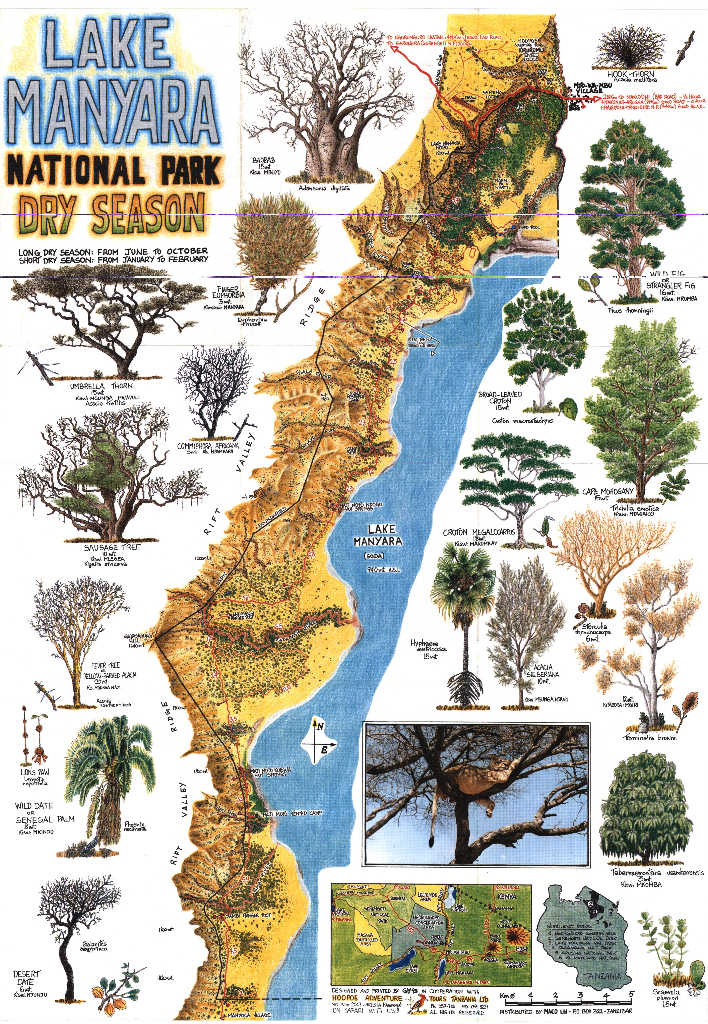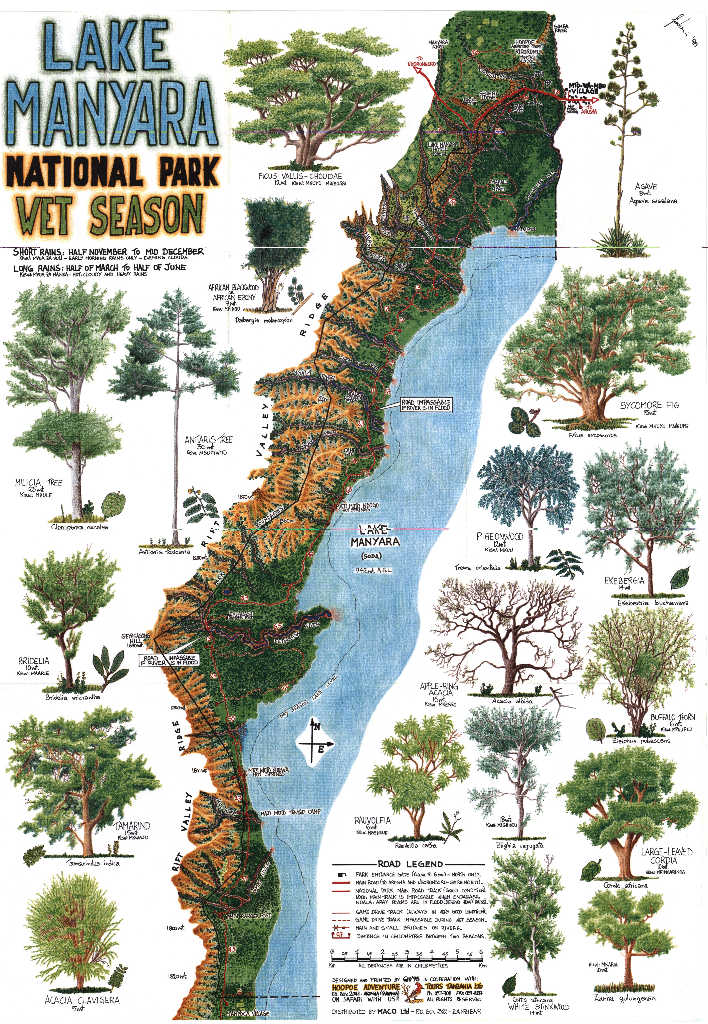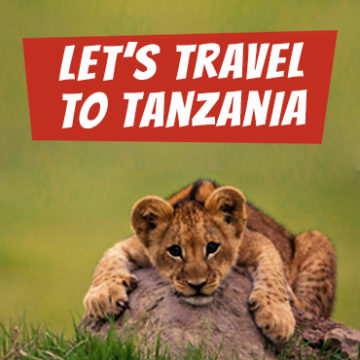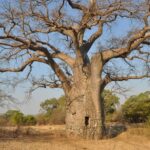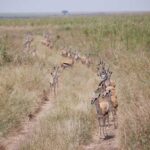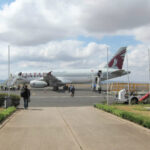Lake Manyara National Park is an amazing sanctuary in the Great Rift Valley. The park is famous for its biodiversity with many primates, birds and tree lions. There are lovely places to visit such as the hippo pool and the hot springs where there are many water birds. The most exceptional resources of the park are the groundwater forest and the tree-climbing lions.
The 5 different eco-systems inside the inside the park:
• the dense groundwater forest
• the xerophilous open woodland (palm trees, acacias and a few baobabs)
• the swamps
• the savannah
• the hot springs
Location: Northern Tanzania, 120 km from Arusha up to the main gate of the park on a good tarmac road with approximately 2 hours drive. In addition, you can visit the park from the small town called Karatu where driving time takes approximately 30 minutes up to the main gate.
Size: 330 square km whereby 200 square km is covered by the lake when it is in flood.
There are only two accommodations inside the park which are Lake Manyara Tortilis Camp and &Beyond Lake Manyara Tree Lodge.
Lake Manyara Seasons: There are two well-defined seasons, which are dry and wet. The dry season starts from late May to October/November and the wet season starts from October/November to May with less rain in February – March.
Activities: You will have a chance to experience day and night game drives in well-organized road networks, canoeing on Lake Manyara and Treetop walkway. Also outside the park in Mto wa Mbu village, there are so many activities that you can participate such as a biking tour up to the lakeshore, hiking the Great Rift Valley wall and cultural tourism with well-prepared local foods.
Manyara Park Map in Dry Season
The climate in Lake Manyara National Park is mild and temperate, the altitude ranges from 950 to 1400m and it gets cooler the higher you go. Manyara’s Dry season is from June to October, in the afternoon temperatures are usually 26-28°C, clear skies and sunshine are common. In the evening the average temperatures are around 14-16°C. During early morning game drives it’s a bit cold, so make sure you have warm clothes with you.
Starting from July all migratory animals should have come back into the park adding up to resident game and the park should host a high percentage of giraffes, zebras, wildebeest, elephants, hippos, buffalos herds, and primates. The number of predators should have increased as well despite sightings here are less easy than in Serengeti and Ngorongoro. Bird watching remains a very strong attractions for this park.
Manyara Park Map in Wet Season
November to May is the wet season in Lake Manyara National Park, temperatures remain mild peaking in the afternoon around 28-30°C, night time temperatures are around 17-20°C.This wet seasons consist of a period of ‘long rains’ from March to May, and a period of ‘short rains’ in November. Thunder and showers are common in late afternoon or during night, but it rarely rains the whole day. Elephants, big mammals and predators can be spotted in these months, it’s the best period for bird watching, more than 400 species have been recorded in the park. You can observe 100 different bird species in one day including flamingo and other large waterbirds like pelican, cormorant and stork. Migratory birds are present from November to April.
All The Tanzania National Parks Maps
-
- Northern Circuit National Parks – this map includes all the parks
- Arusha National Park – you can experience nice walking safari
- Tarangire National Park – you can see teh biggest elephants
- Manyara National Park – the home of biodiversity
- Ngorongoro Conservation Area – the highest wildlife density all over Africa
- Serengeti National Park – the endless plain
Safari in Lake Manyara National Park
During a game drive in Lake Manyara National Park you can see 5 different eco-systems, spot big mammals and a lot of bird species. Night game is allowed inside the park with a special vehicle, you can also visit Mto wa Mbu village and the local market with a local guide.
Several safaris include a visit to Lake Manyara National Park, a park full of wildlife that you can meet in different ecosystems. You will not fail to spot the noisy baboons and the typical herbivores of the savannah, with a bit of luck we will be able to see lions or other predators such as the leopard. I propose 2 programs that include a visit to the Lake Manyara park:
You can contact us for your safari in Tanzania:




